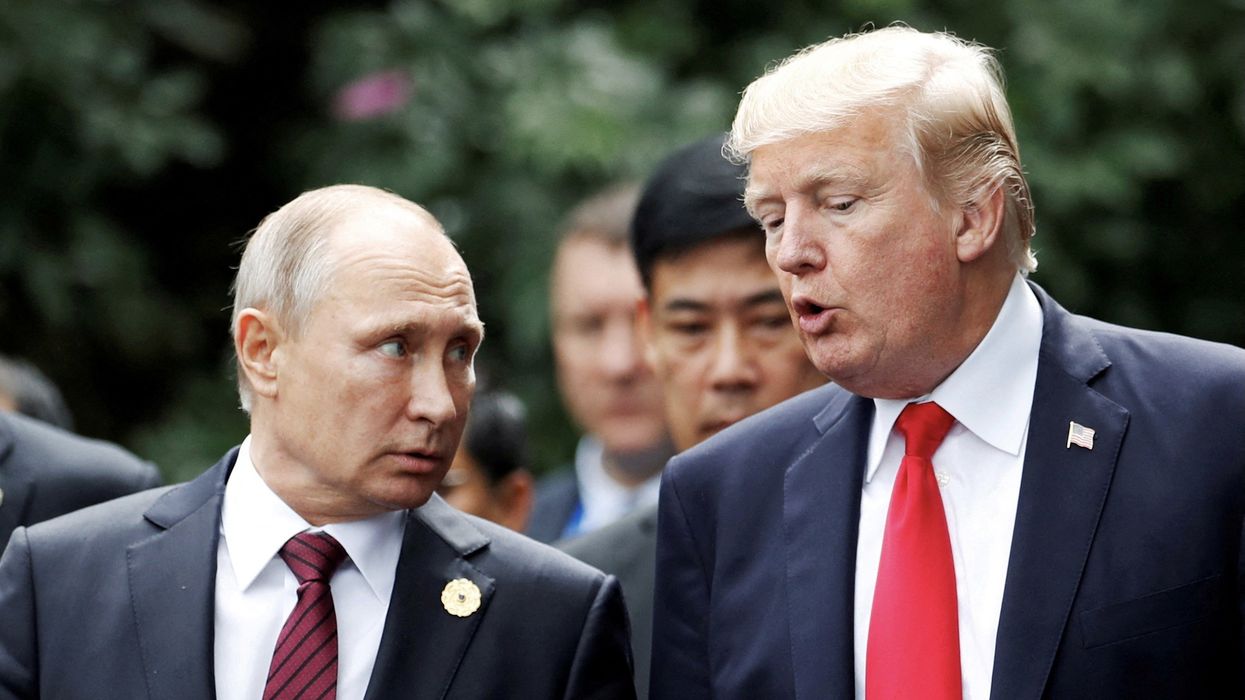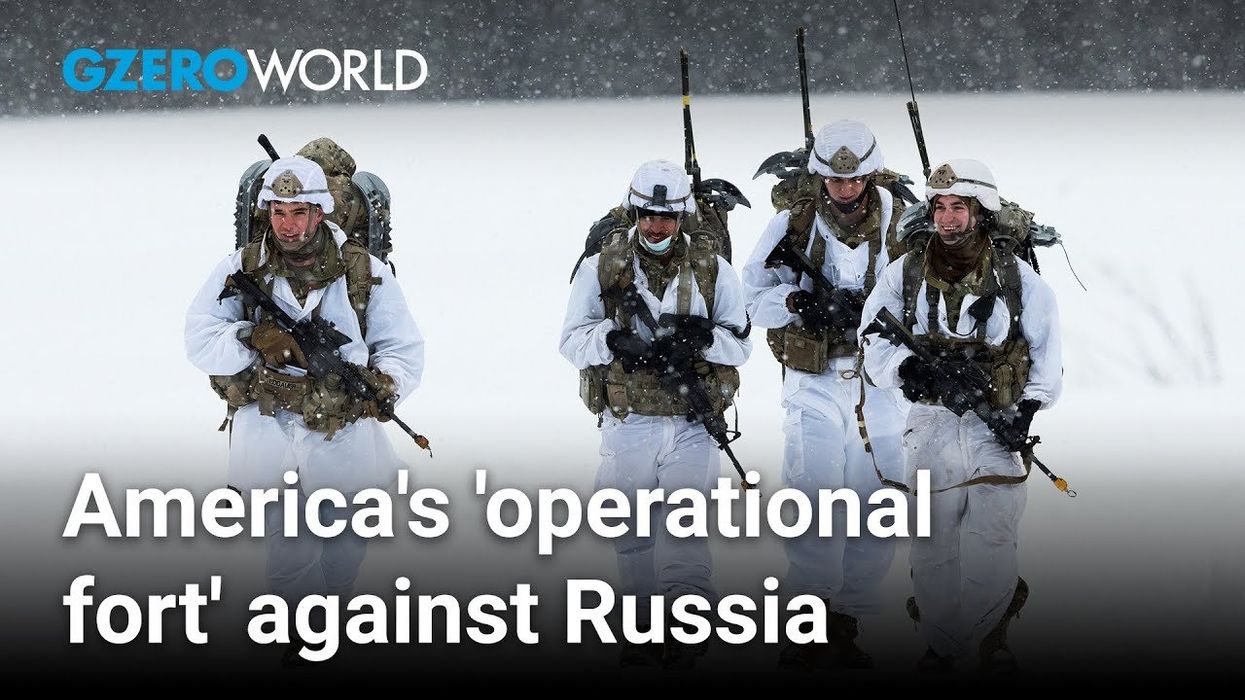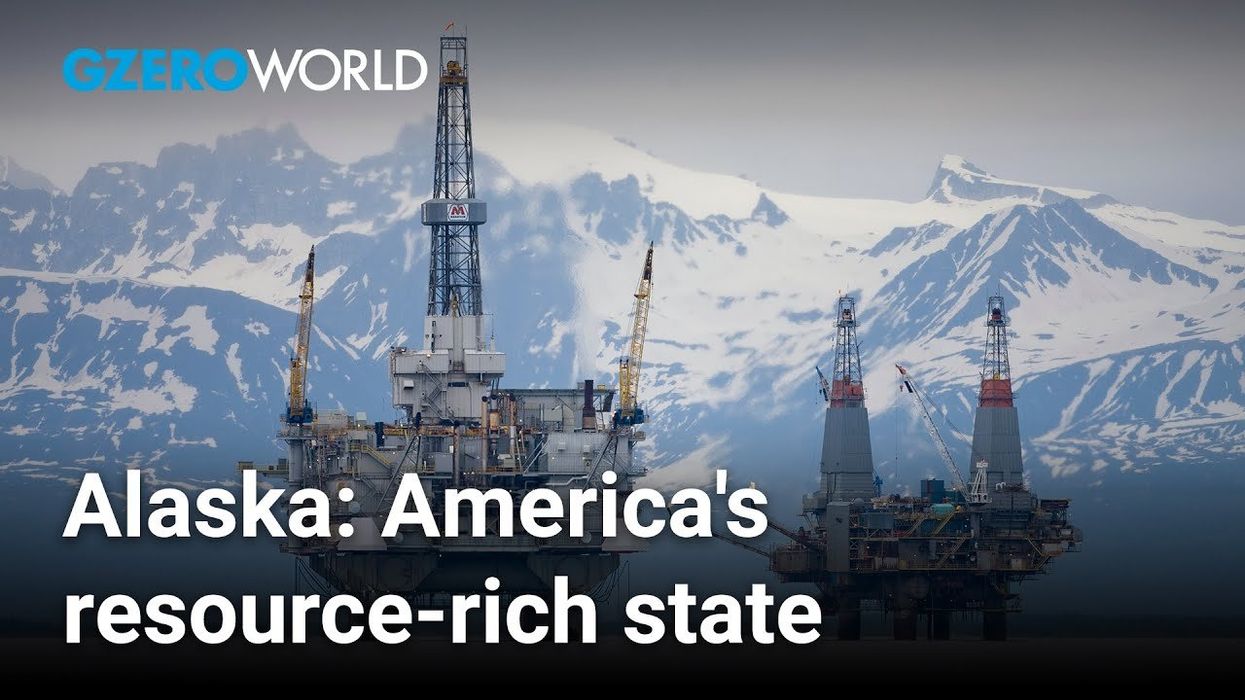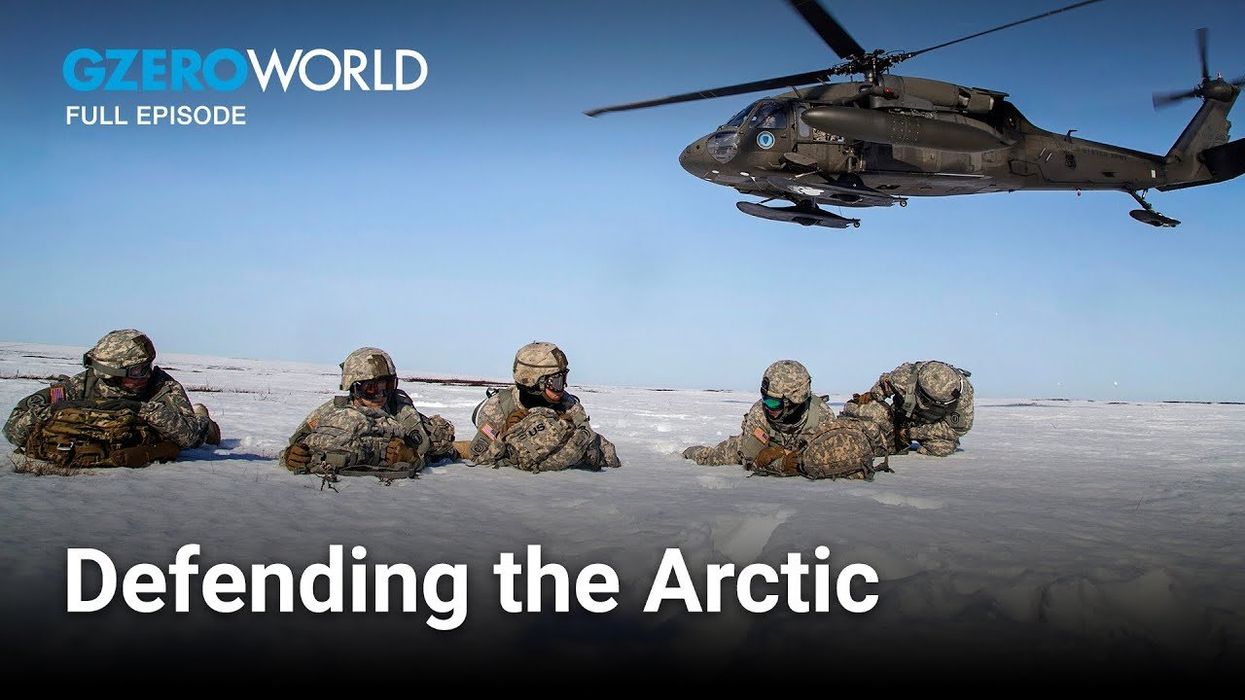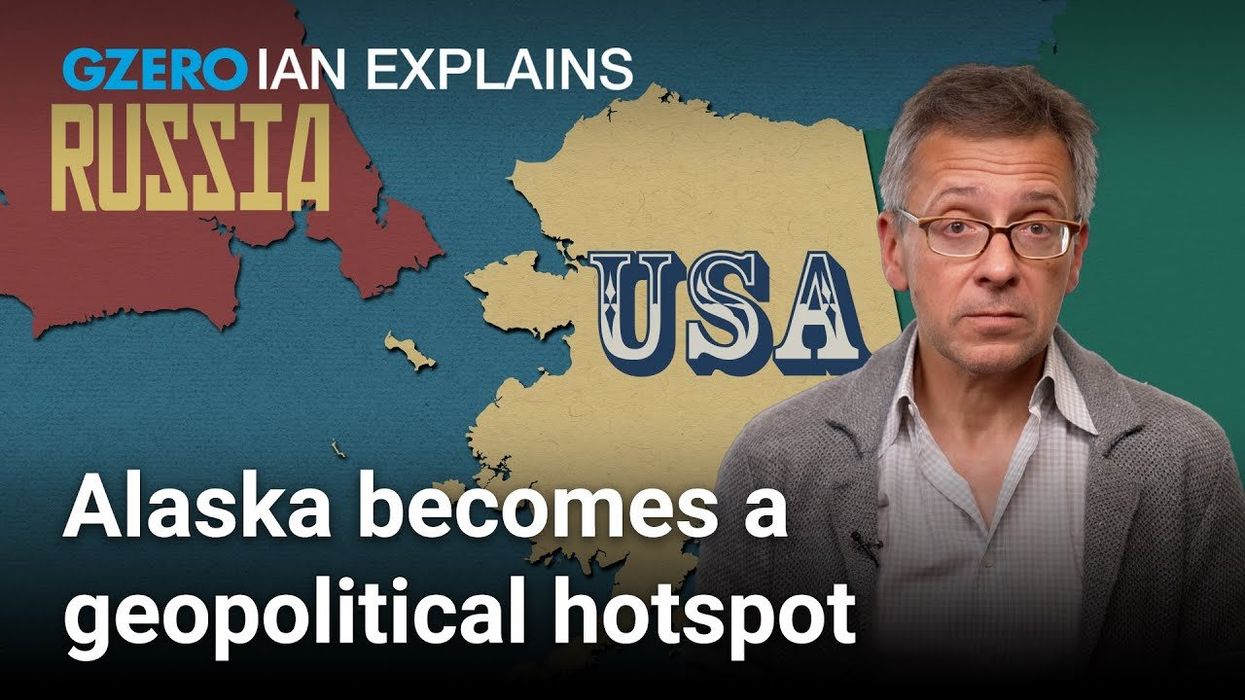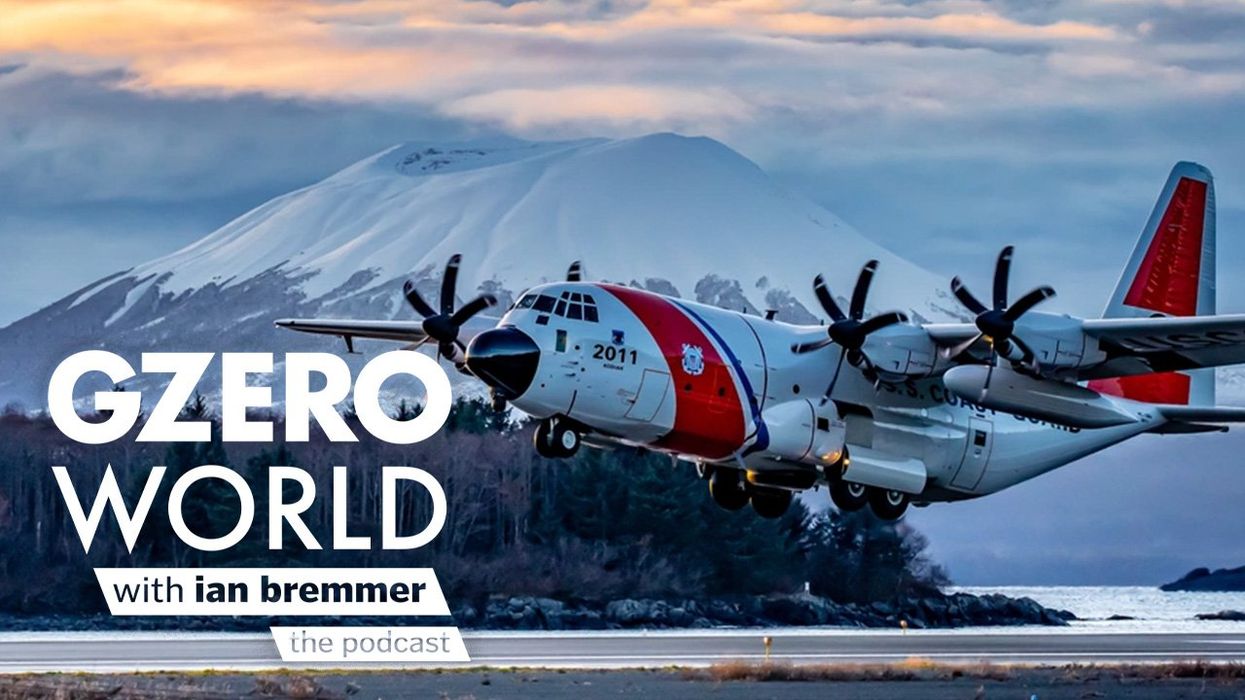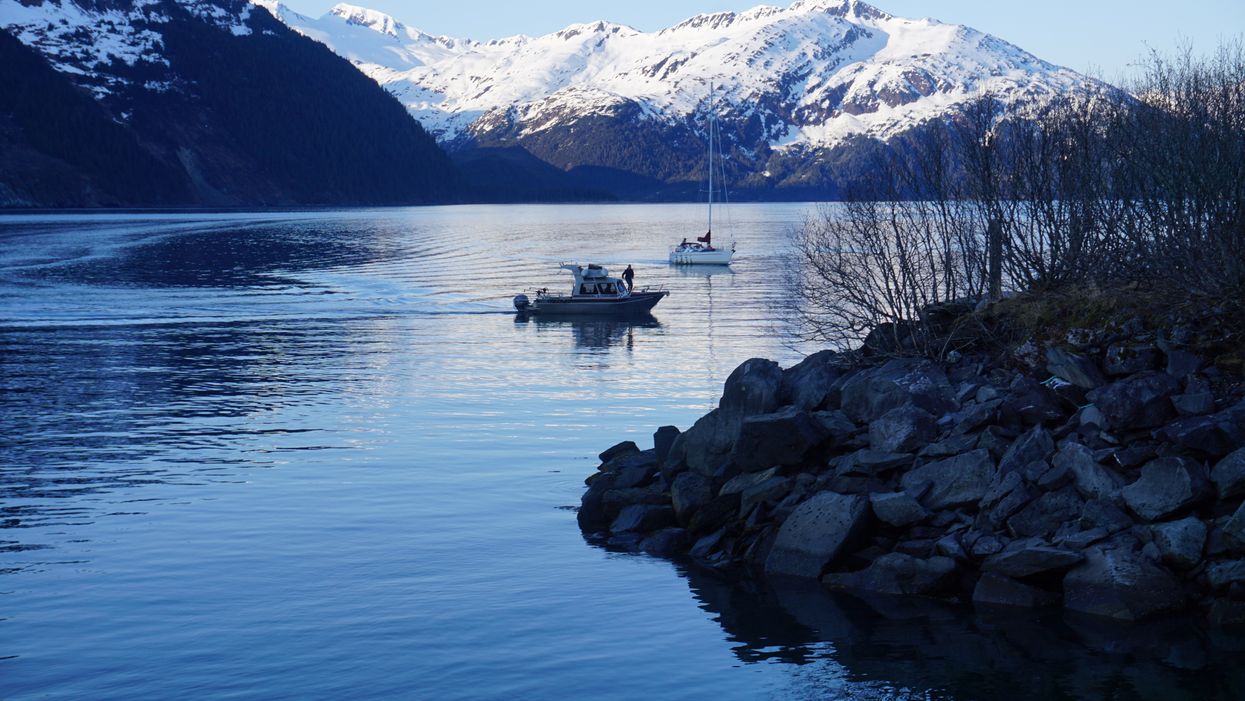The Debrief
Trump and Putin's Alaska showdown is all about oil
Trump and Putin are heading to Alaska this Friday for a summit to end the war in Ukraine, but both leaders will have the price of oil very much on their minds, says Eurasia Group's Gregory Brew in the first episode of The Debrief.
Aug 13, 2025



